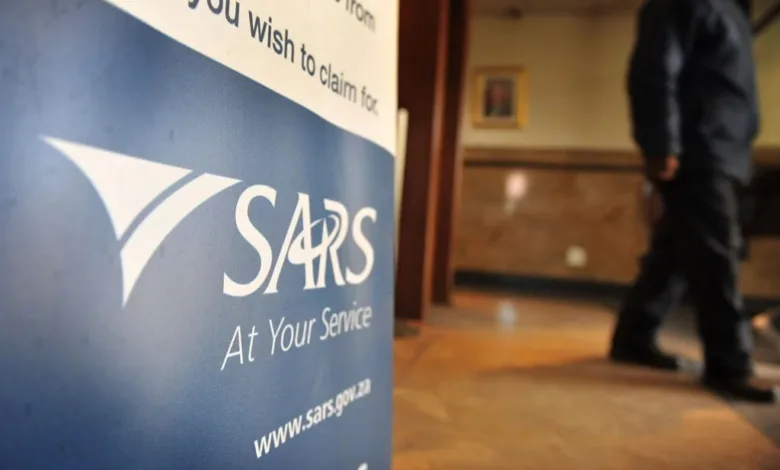
In a significant move, the South African Revenue Service (SARS) has issued a call to action for taxpayers to declare their digital currencies and crypto assets through its Voluntary Disclosure Programme (VDP). This announcement was made through a national news agency and highlights the growing importance of transparency in digital financial transactions.
The Rise of Crypto Assets and Transactions in South Africa
South Africa is witnessing a rapid increase in crypto-related transactions, much like other countries worldwide. A recent survey indicates that approximately 40% of the South African population has utilized digital currencies such as Ripple and Bitcoin for online transactions. According to SARS’ internal data, about 5.8 million citizens hold cryptocurrencies and participate actively in Bitcoin trading.
Understanding the Compliance Risks and the Call for Voluntary Disclosure
Despite the local acceptance and growing popularity of digital currencies, there are inherent risks, particularly concerning tax compliance. SARS has raised concerns about potential tax evasion, as many citizens reportedly fail to declare their crypto assets during tax submissions. The total digital currency market capitalization, currently valued at $2.1 trillion, underscores the magnitude of these financial activities.
To address these challenges, SARS is enhancing its Voluntary Disclosure Program to encourage transparency in cryptocurrency ownership. The agency has issued a formal notice urging all traders and holders to declare their income assets, including digital currencies. Moreover, SARS is collaborating with exchanges to facilitate the disclosure of crypto transaction data.
Collaborative Efforts to Ensure Compliance
The drive for compliance extends beyond individual taxpayers. SARS is working closely with the Financial Sector Conduct Authority (FSCA) to obtain information on digital currency service providers. Additionally, both local and international exchanges are cooperating with the agency to streamline information dissemination and compliance efforts.
Simplifying the Filing Process and Warnings on Non-Compliance
SARS is committed to making the process of declaring digital assets as convenient and straightforward as possible. The agency is enhancing its capacity by increasing the number of audit teams and utilizing advanced technologies such as machine learning and generative AI to bolster compliance. Edward Kieswetter, the SARS Commissioner, has emphasized the importance of cooperation and compliance among taxpayers.
Nevertheless, non-compliance with the new policy carries significant consequences. Kieswetter has made it clear that the agency will actively pursue individuals who deliberately ignore the regulations. It’s worth noting that SARS is not alone in this endeavor; the FSCA is also taking steps to ensure transparency in crypto asset reporting by targeting individuals and firms that fail to disclose their transactions.







